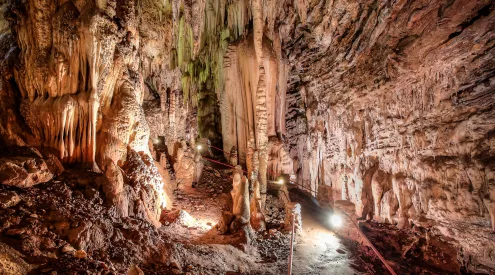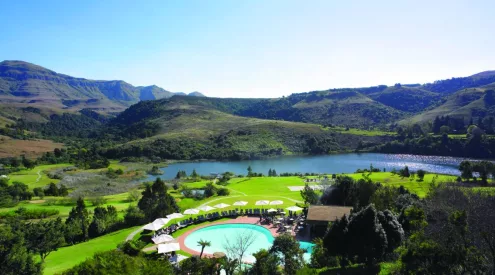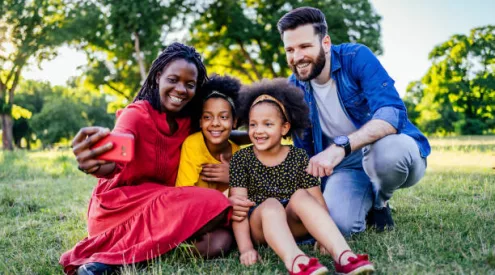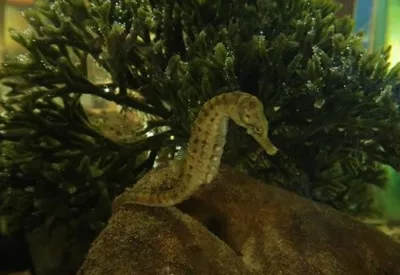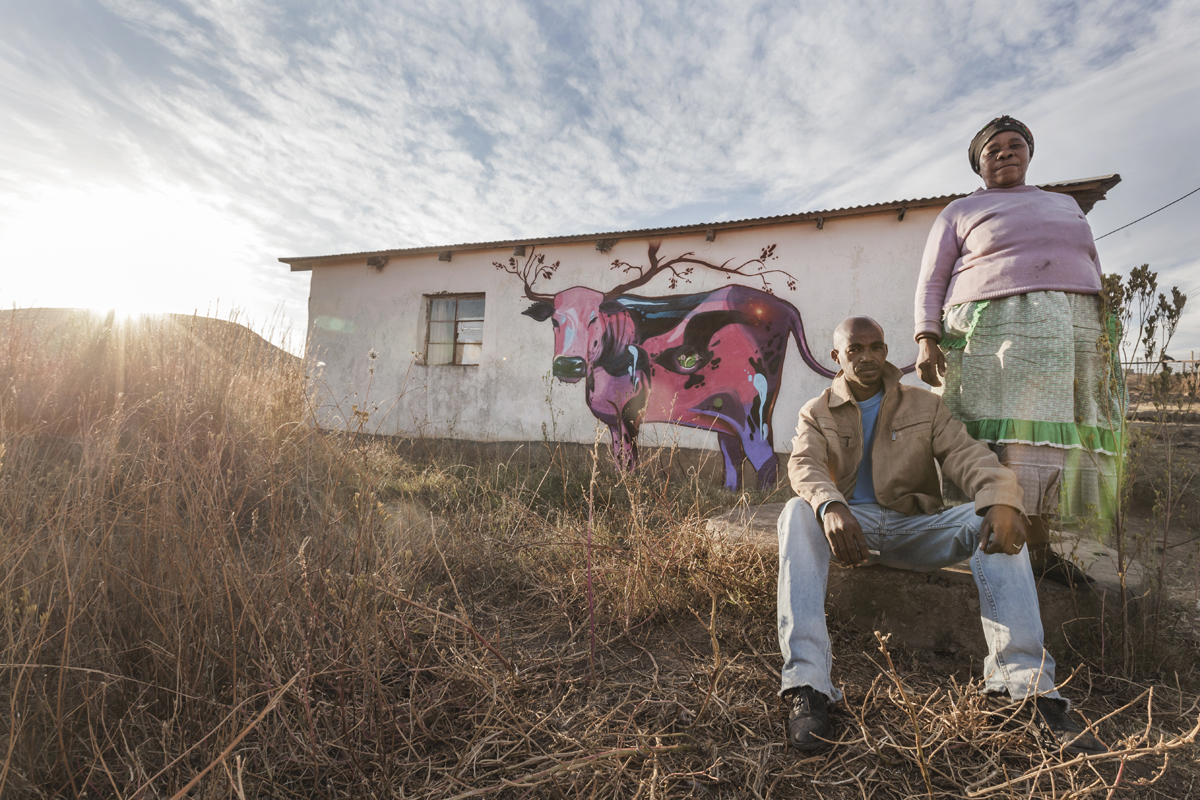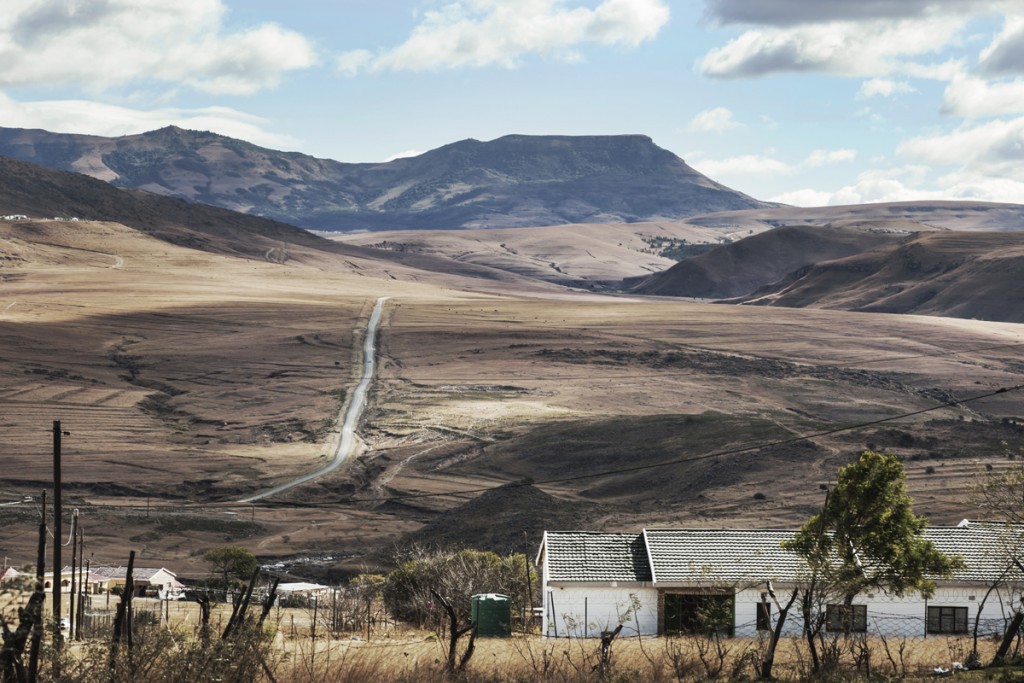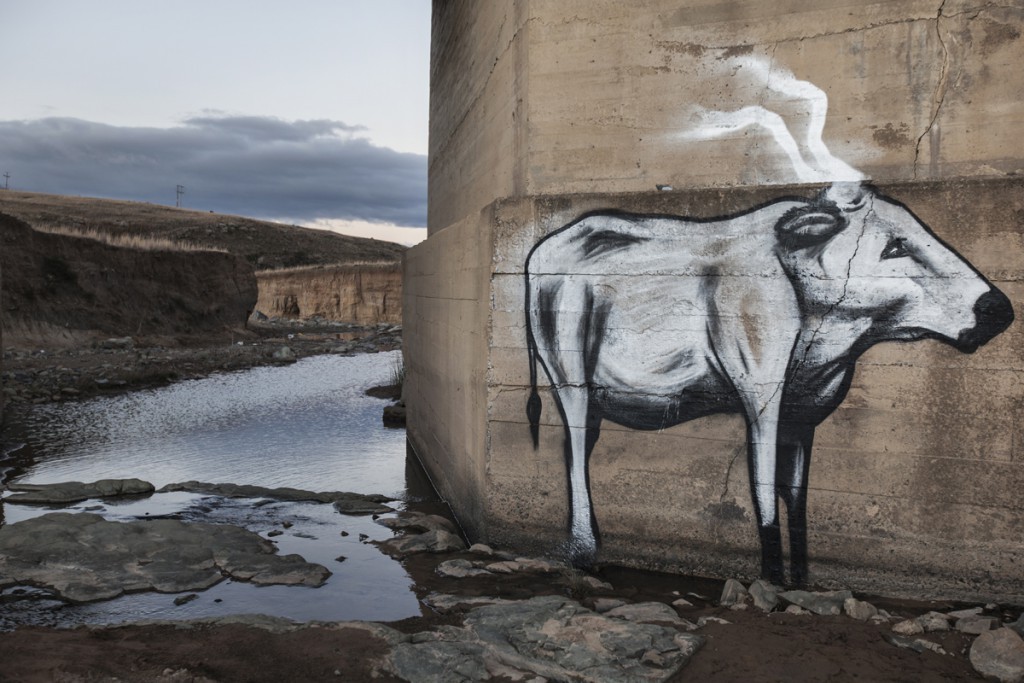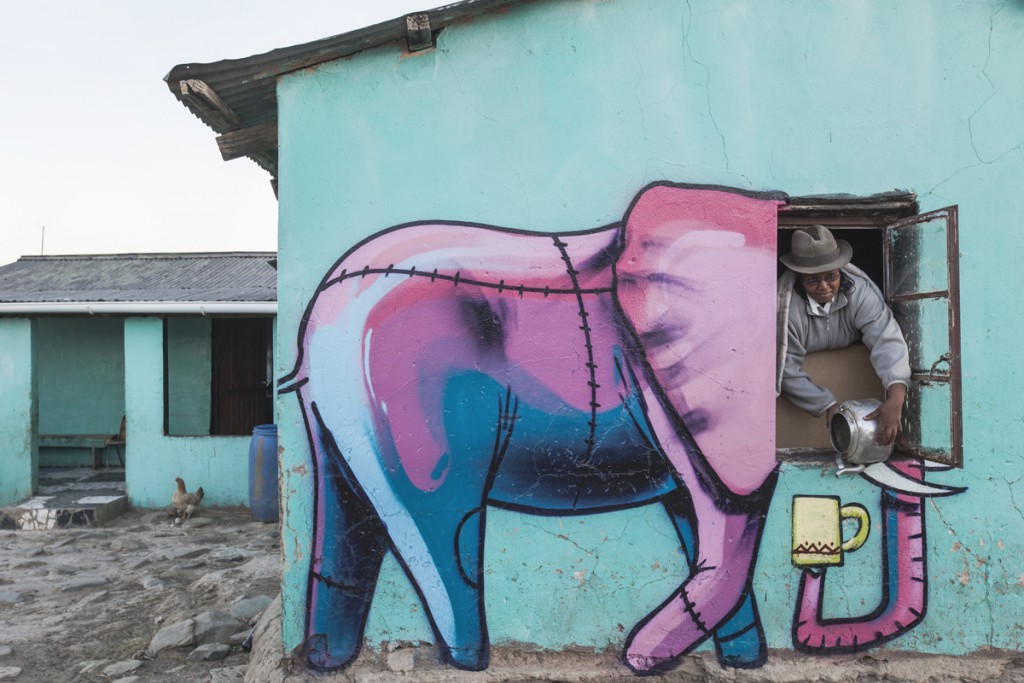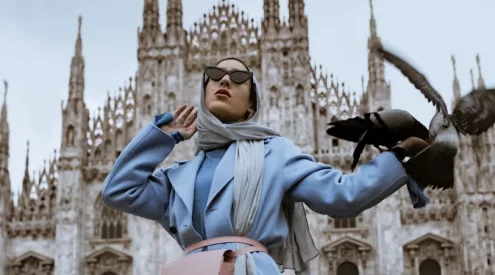Internationally renowned street artist, Falko, is road-tripping around SA, painting dorpies as he goes. The more obscure the place, the better. His mission: To change the locals’ perception of value. Along for the ride that is Once Upon A Town, is photographer Luke Daniel. This is Luke’s dispatch from Mount Frere in the Eastern Cape…
Also see: The latest video from the Once Upon A Town project
Life in Mount Frere moves slowly, without a sense of any immediate urgency. The traffic on Main Street is beyond congested with cars and pedestrians alike – it’s rush hour, every hour, but nobody is particularly worried. It’s an accepted snail’s pace, where even the winter resists setting beyond the rolling Umzimvubu hills.
The cold June winds have swept away the colour from the earth, leaving a dry landscape of brown and gold pastures. Cattle graze timelessly throughout the day, on the steep banks of the Mpendla river. The small village rests a few kilometres away from the bustling business zone that is Mount Frere. Scattered homes and kraals dot the hills, and modest herders tend to their livestock, donning balaclavas and thick blankets, to defend themselves from the harsh morning freeze.
Joseph approaches us on a lone dirt road outside a derelict café – first inquisitive at the idea that a Capetonian graffiti artist would visit the remote rural village. Moments later the Mpendla local is walking alongside Falko, down a narrow gravel pathway leading to his home and family. The spray meets the cracked off-white wall and Falko has made his first mark on this secluded part of the country.

Zukisani ‘Joseph’ Gimbigimhi sits next to his mother, in front of their newly decorated Mpendla home.
Here, a cigarette is still rolled with a piece of torn newspaper. Here, a company of herders gallop past on horseback, leaving a dust trail that rises above children collecting fresh water and passing red-dressed church goers alike. This is where the Bacha people retreated to and settled in, while under fierce attack by Shaka Zulu in the mid 1800s.
Decades later Xhosa cowboys rode the trails up into Natal, raiding the supplies of Boer soldiers, working as highwaymen and cattle-rustlers in this vast expanse of South African frontier territory.
There is still a definite sense of lawlessness to the area, not in an overtly dangerous way though. It’s deeper, and more subtle. It’s in the history of the surrounding hills, and in the dirt which finds its way into your pores. It’s a place where men and women farm sustainably, not relying on the national government for much. As such, the community remains self-governed, existing outside modern-day urban rules, in a way that is traditionally pure and largely undiluted.
I finish up some breakfast and brush past a man holstering a thoroughly worn silver pistol. His eye catches mine, with a glance that openly states, ‘We’re in the Eastern Cape’.
Back in Mpendla, a black pig chases a chicken through a dry section of corn, while children play with bottle caps and sticks. Frankie calls to us from in front of the blue house, recently decorated by Falko. We walk towards a dilapidated hut on the outskirts of the village, where Falko is working through his last mural in the area. We arm ourselves with broken sticks to fend off a pack of vicious dogs which block a path between the homes. Luckily the hounds back off without much fuss – off to terrorise another group of wanderers further down the drag.
Frankie dreams of coming to Cape Town, asking about the beaches and the suburbs.
‘But a bus ticket is too expensive’, she says. I tell her I had been dreaming of coming to the Eastern Cape. To the land of endless rolling hills, and one of the last lands which still hold the spirit of the South African Wild West.
Well, Wild East.
If you’d like Falko to swing into your town and give it a fresh coat of paint, send us a picture on Twitter or Instagram using #PaintMyTown in your post.




